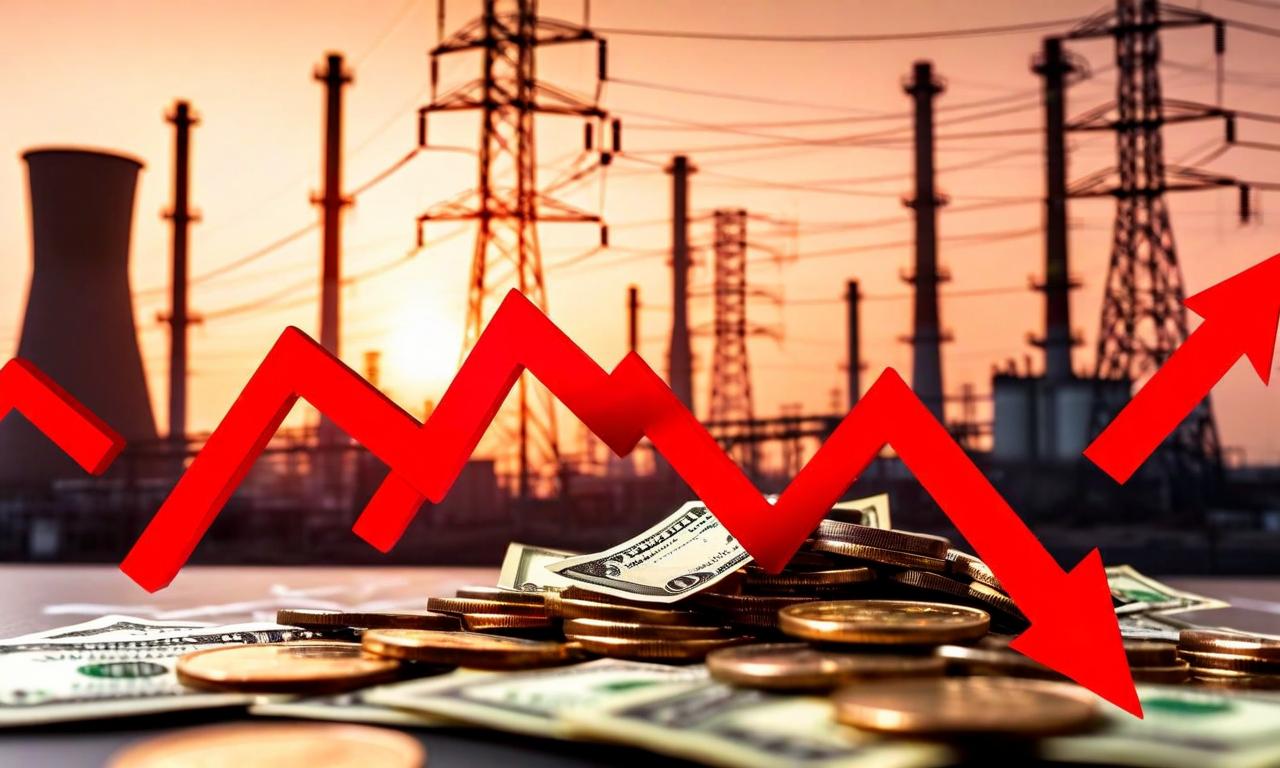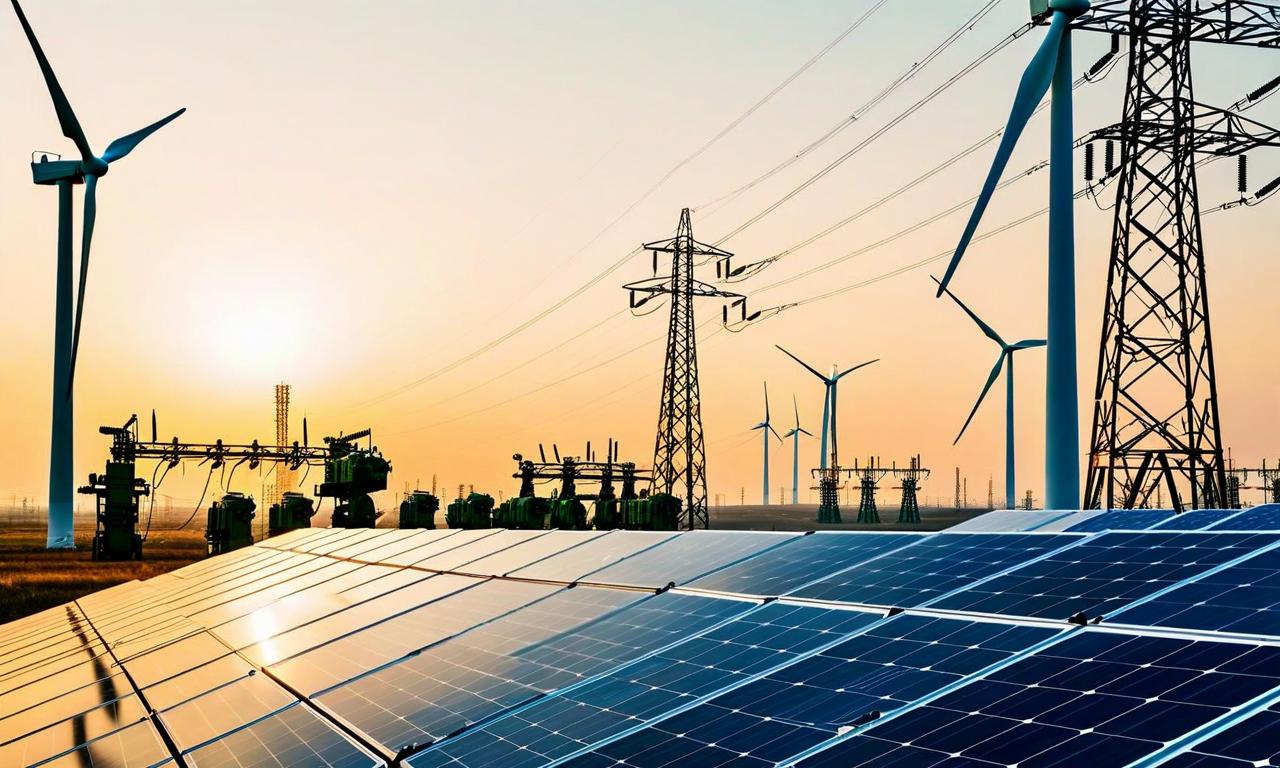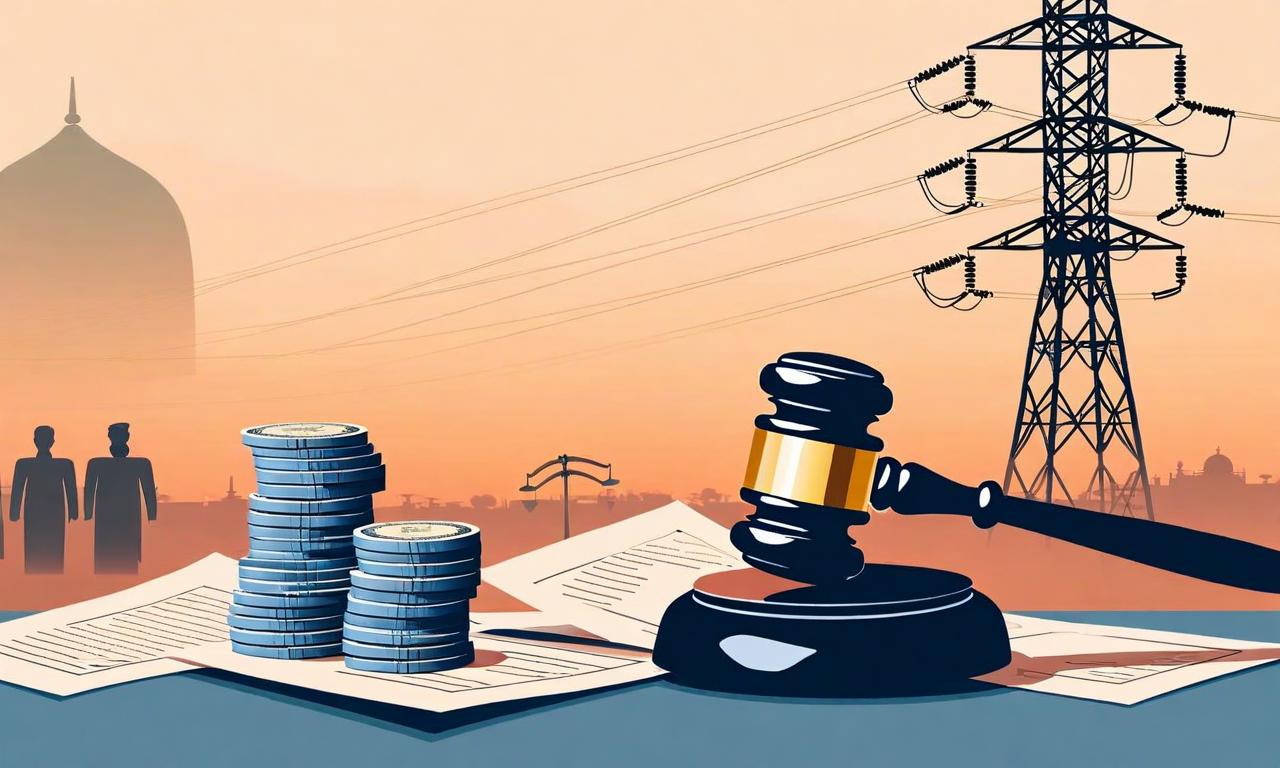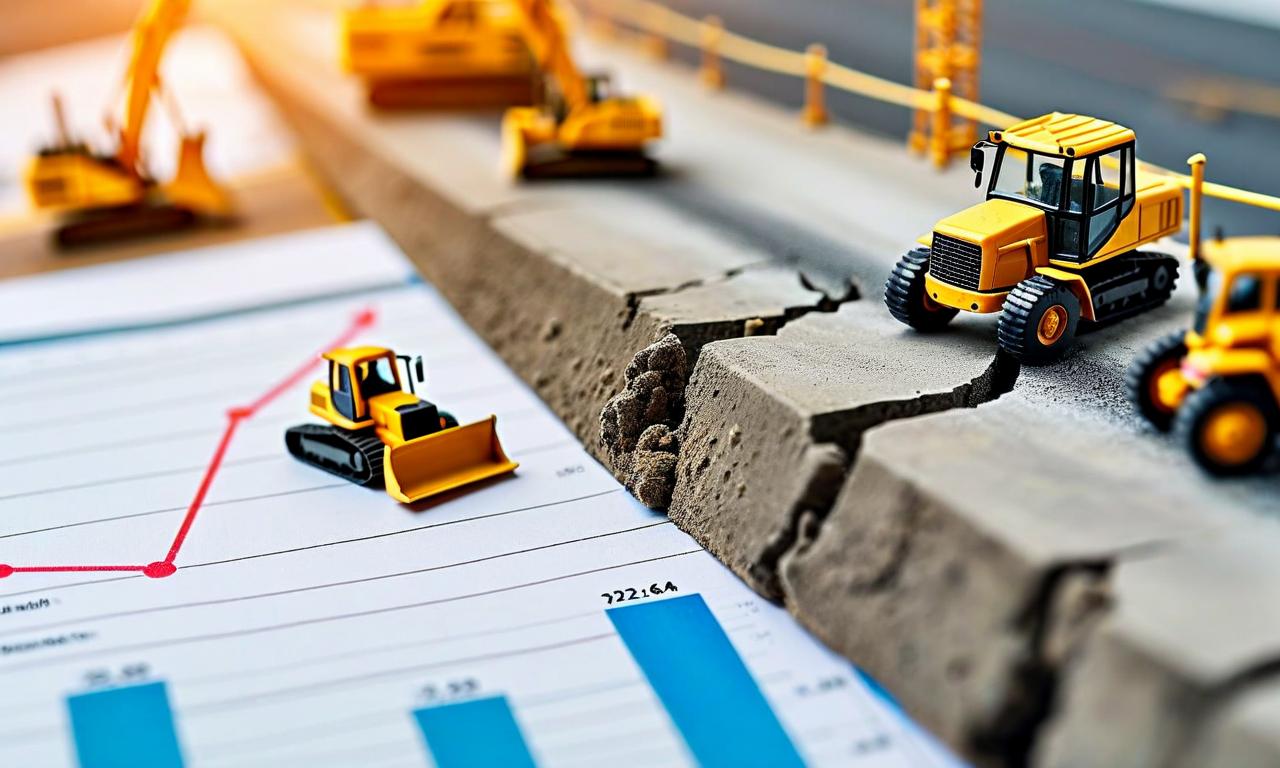Reliance Infrastructure Secures Rs. 526 Crore Arbitration Victory Against Aravali Power
Reliance Infrastructure (RInfra) has won an arbitration case against Aravali Power Company Private Limited (APCPL), securing an award of Rs. 526.23 crore plus interest. The arbitral tribunal ruled APCPL's 2018 termination of an EPC contract as illegal and invalid. RInfra plans to use the proceeds to become bank debt-free and fund future growth. This outcome is expected to positively impact RInfra's financial position and investor confidence.
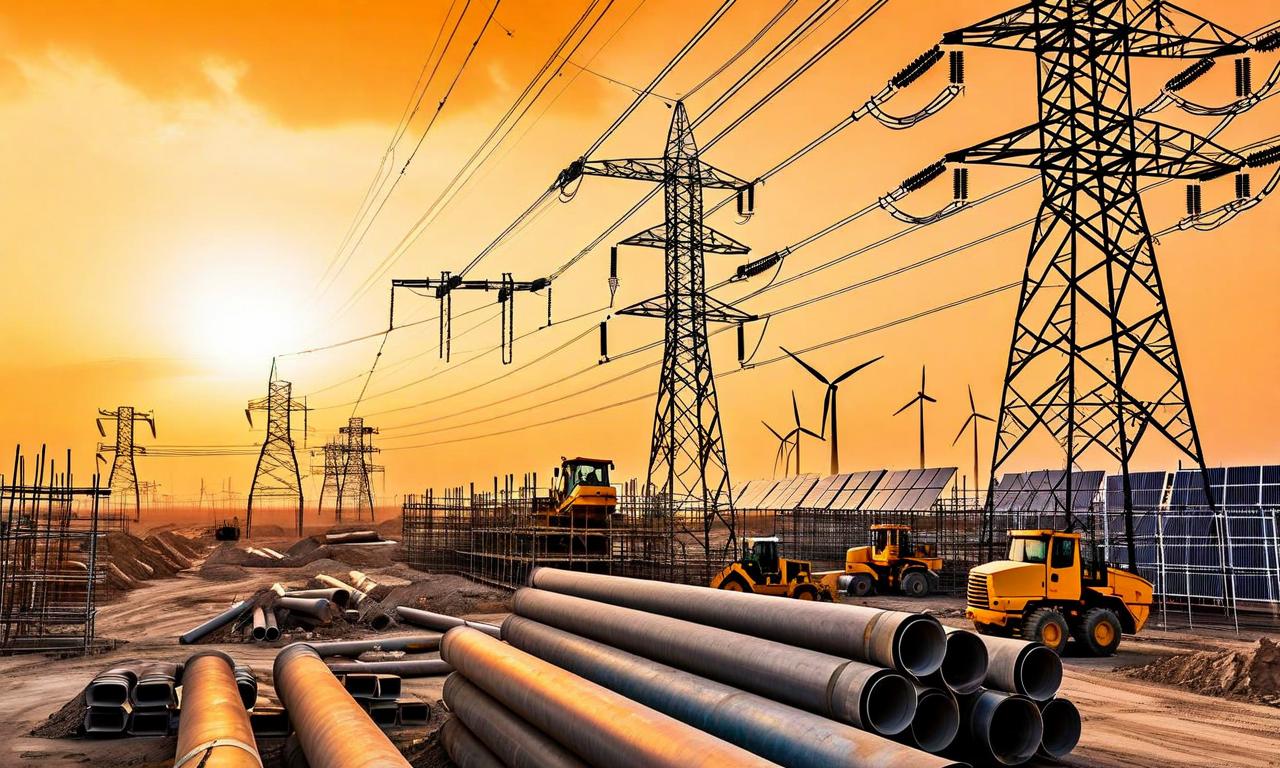
*this image is generated using AI for illustrative purposes only.
Reliance Infrastructure Limited (RInfra) has emerged victorious in a significant arbitration case against Aravali Power Company Private Limited (APCPL), securing an award of Rs. 526.23 crore. This development marks a substantial win for the infrastructure giant in a long-standing dispute.
Arbitration Details
The arbitration proceedings were initiated by Reliance Infrastructure following what it claimed was a wrongful termination of an EPC (Engineering, Procurement, and Construction) contract by APCPL in 2018. A three-member arbitral tribunal, in a majority decision, ruled in favor of RInfra, declaring APCPL's contract termination as "illegal, invalid, and wrongful."
Financial Implications
The arbitration award amounts to Rs. 526.23 crore, along with interest. This sum represents damages and costs incurred by Reliance Infrastructure due to the alleged wrongful termination of the contract. The company has stated that the proceeds from this award will be utilized to make Reliance Infrastructure bank debt-free and provide growth capital for future endeavors.
Company's Response
In a media release following the arbitration outcome, Reliance Infrastructure emphasized the significance of this victory. The company views this award not only as a financial boost but also as a validation of its stance in the dispute with Aravali Power Company.
Market Impact
This favorable arbitration outcome is expected to have a positive impact on Reliance Infrastructure's financial position. It demonstrates the company's ability to successfully defend its interests in contractual disputes, which could boost investor confidence.
About Reliance Infrastructure
Reliance Infrastructure Limited is a major player in India's infrastructure sector, with a diverse portfolio spanning power, roads, metro rail, and defense. The company operates through various Special Purpose Vehicles (SPVs) and is known for executing large-scale infrastructure projects on build, own, operate and transfer (BOOT) and build, operate and transfer (BOT) bases.
RInfra's involvement extends to providing Engineering and Construction (E&C) services for power, infrastructure, metro, and road projects. Additionally, the company has a significant presence in the power distribution sector, solidifying its position as a leading utility company in India.
As Reliance Infrastructure moves forward with this arbitration win, the industry will be watching closely to see how the company leverages this financial boost for its future growth and debt reduction strategies.
Historical Stock Returns for Reliance Infrastructure
| 1 Day | 5 Days | 1 Month | 6 Months | 1 Year | 5 Years |
|---|---|---|---|---|---|
| -2.89% | -8.62% | -22.07% | +25.10% | +24.92% | +831.99% |



